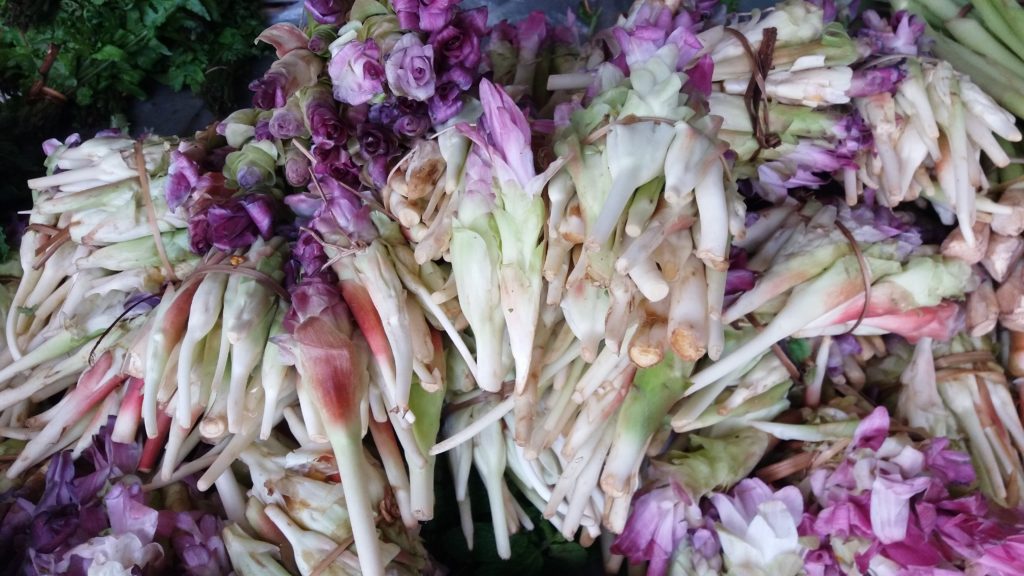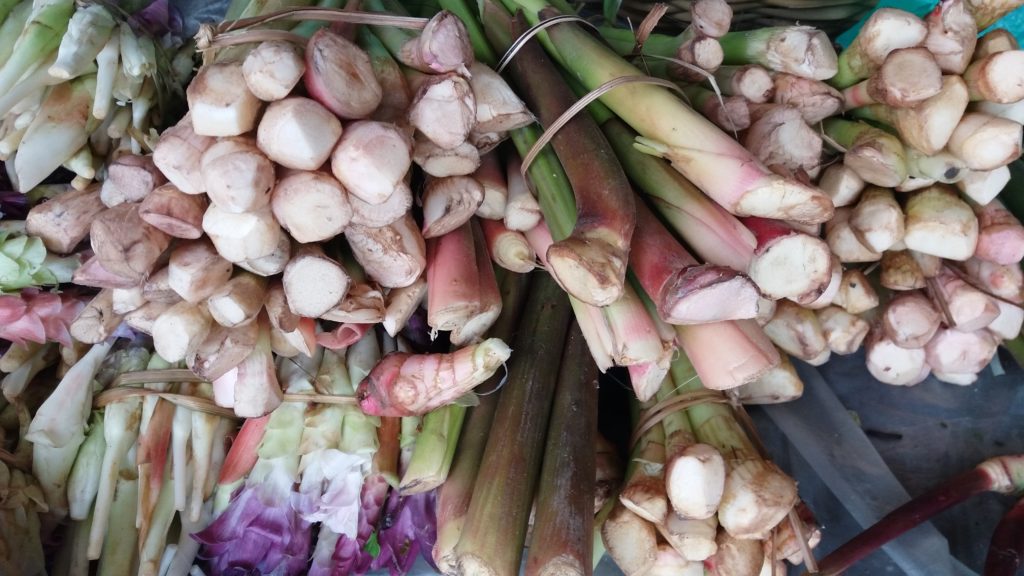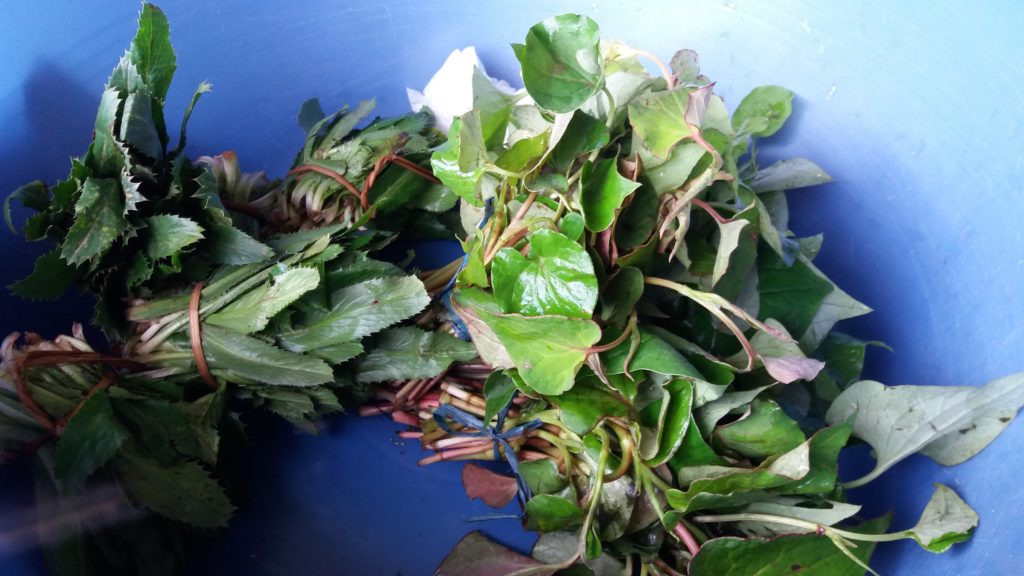With the ongoing lockdown that is caused by the COVID-19 pandemic, farmers have been taken by a surprise and have been affected tremendously as they were not able to sell their produce in the market as usual.
The Society for Urban and Rural Empowerment (SURE), West Jaiñtia hills, in collaboration with a local online platform Syllad, came to the rescue and helped bridge this gap by becoming the connecting medium between the farmers and customers, particularly in Jaintia Hills.
From March 28 onwards, farmers were able to sell their produce by getting them delivered to the homes of individuals across Jowai and other rural areas. The products included local vegetables, local meat like pork and chicken, and local fruits which were produced by Self Help Groups and farmers, which are partner communities of SURE. These include groups and individuals from Thadlaskein and Laskein blocks of West Jaiñtia hills.
On the other hand, the effort would have not have been possible without the help and support of West Jaintia Hills 1917 iTeams vehicle which charged only Rs. 2.3 per kg for transporting the farmers’ produce from their communities to Jowai.
This small effort enabled the otherwise distressed farmers to sell their produce during this difficult time when both the state and the country are being affected by the COVID-19 lockdown. After the lockdown has been partly relaxed and markets were allowed to resume business at the respective localities, the farmers’ were able to sell their produce in their respective areas. This was being done with the support of the District Administration of West Jaiñtia Hills and the leaders of the communities. This effort has not only helped farmers sell their products but more importantly, it helped the people of the town to follow the government guidelines and stay at home during the lockdown period.
On another note, the pandemic has taught individuals many valuable lessons on the importance of locally produce food especially fruits and vegetables which helps in catering to the urgent needs of the people. Due to the lockdown, all entry and exit points to the state have been closed, therefore, people are left with no choice but to rely on locally produced vegetables and fruits, like sohshang (oleaster) and sohphie (bay berry).
Even though farmers in West Jaiñtia hills did produce vegetables, the quantity was not enough to cater even to the need of every citizen of the district. Fortunately, the shortage of vegetables coming from outside compelled people to go back to eating their indigenous foods which are mostly wild edibles. Consumption of indigenous vegetables had gained popularity during this period and individuals who have never tried wild vegetables have also started showing interest and began exchanging recipes on how to cook dishes using these wild produce.
Indigenous fruits and vegetables, which would otherwise not even find a place in the weekly market earlier, have started appearing in the market. Lapawi which is the tip of a fern plant, spinach, Latdoh, Lachieiñ (a common wild purple flower), Soh salachiat, Khliang syiar or tyngkhieh (Centella), Chkor blang, Sla lachiat, Jatira, Wang (Yam leaves), Pachor khian, Pachor heh, Jamyrdoh (Chameleon plant), Jri, Ïajaw and Ïamyrdoh are some of the wild vegetables which are now very popular at the markets.
Till May 9, farmers have been able to sell over 1,000 bundles of chameleon plant, more than 50 bundles of Centella, 30 bundles of Ckhor blang, and Sla lachiat, 120 bundles of Yam leaves and others. (Sales source: SURE)
REPORTED BY: SURE






